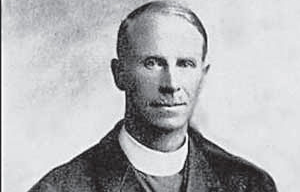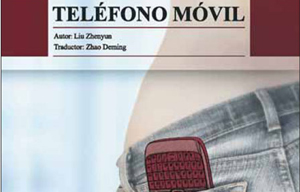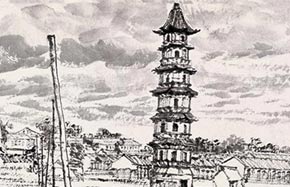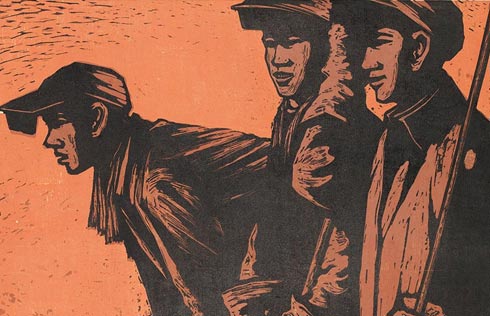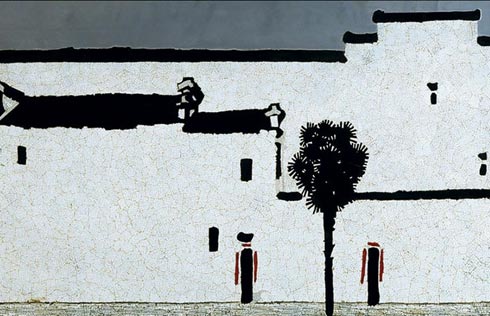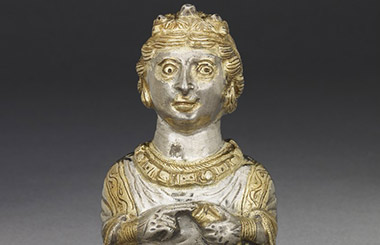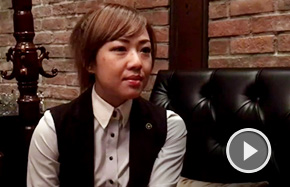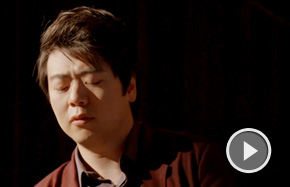Tracing grandfather's footsteps
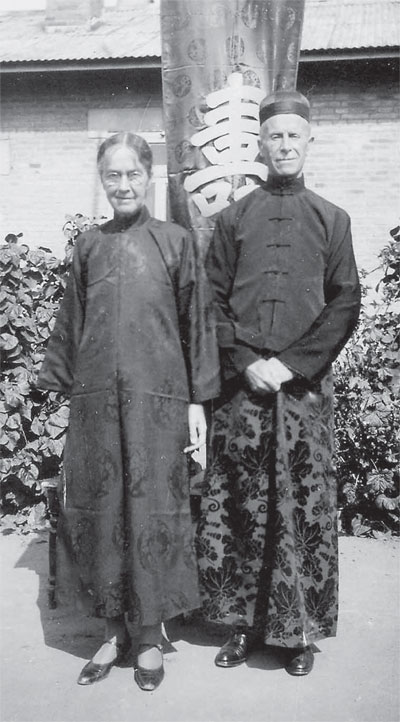 |
|
Frederick O'Neill and his wife in traditional Chinese clothes in Faku, Liaoning province, where they stayed to establish a church, school and hospital. Provided to China Daily |
The 63-year-old China hand answered all our questions in Mandarin rather than his native English.
Luo Xunzhi, O'Neill's wife, also an ex-journalist, has accompanied her husband throughout his 26-year-long journey. The couple has visited Faku three times.
They have gone through all available missionary heralds that had mentioned O'Neill's grandfather at the Presbyterian Church of Ireland's headquarters in Belfast.
They visited the Chinatown in Paris, looking for anyone who knew about his grandfather's volunteer work in helping Chinese laborers sent to military factories in Europe during World War I.
"The project was time- and money-consuming. And it was difficult to find a publisher. But we gradually developed a sense of responsibility to make people know what O'Neill's grandfather and many other missionaries did for China when we found that these good deeds were being forgotten," Luo says.
The church established by O'Neill's grandfather in Faku had been turned into a gymnasium, and the sight of ping-pong tables having replaced the church pews had upset O'Neill and his wife during their first visit to Faku in 1986.
But in 2009, on their third visit to Faku, they finally saw the church restored as a place of worship.
These were not the only changes O'Neill witnessed in Faku and in China in the past 30 years.
Faku was an underdeveloped rural county shut away from the outside world when O'Neill first visited. Mule carts ran beside his car along the stony roads, and children surrounded him, fascinated by the first foreigner they had ever seen. They were especially curious about O'Neill's big nose.
"Faku must have been more underdeveloped and closed when grandpa went there. What great efforts he spent blending into the community and winning local hearts," says O'Neill, who showed us photos in his book of his grandparents dressed in traditional Chinese attire.
O'Neill's grandfather could have led a comfortable middle-class life in Ireland, but even wars couldn't make him leave Faku.
"Honestly, I wouldn't make the same choice if I were him, and at first I couldn't figure out what made him that strong-willed and determined about missionary work," O'Neill says.
He finally found the answer on the grateful faces of the people he met at the Faku church. His grandfather had been motivated not just by his faith and calling but also by the spirit of love.
Zhang Hongxia, a Chinese pastor in her 30s, gave O'Neill and his wife the warmest welcome when the couple revisited Faku in 2009. She told O'Neill that his grandfather had built Faku's first public school and showed him his grandfather's Chinese calligraphy on the wall of the church and the bed he had shared with his Chinese friends.
"We are lucky to have your grandfather come and bring the gospel," O'Neill quotes Zhang as saying in the book. "He devoted all his love to Faku. We will never forget it was your grandfather who established the church, whatever it will be like in the future."
Related:
While many biographies attract readers with juicy anecdotes and vivid reproduction of the past, Mark O'Neill's Frederick: The Story of My Missionary Grandfather reads more like a history book or a long news report. More...
|
|
|
| A pastor's life revisited | Turning a new page |




